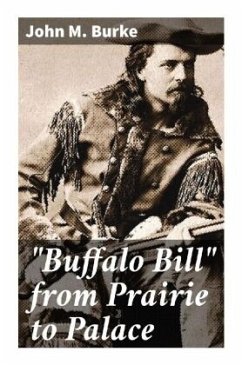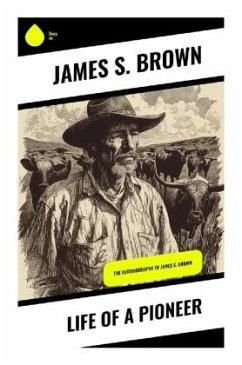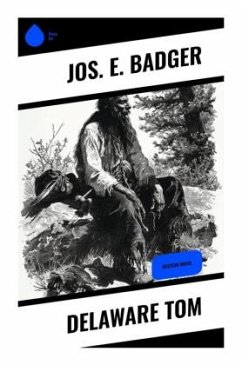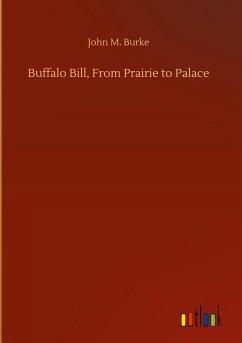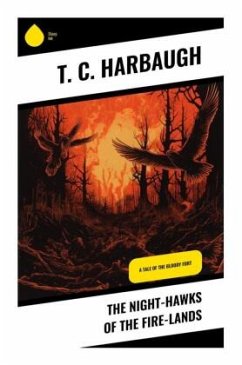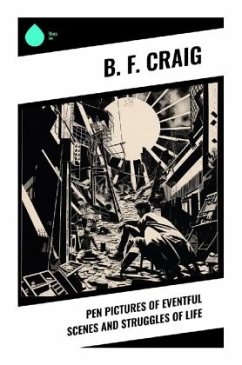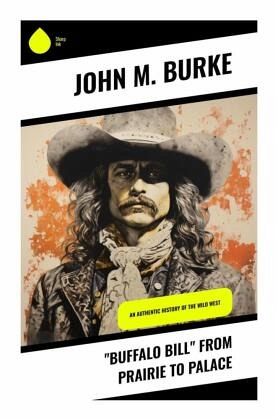
"Buffalo Bill" from Prairie to Palace
An Authentic History of the Wild West
Versandkostenfrei!
Versandfertig in 6-10 Tagen
12,30 €
inkl. MwSt.
Weitere Ausgaben:

PAYBACK Punkte
0 °P sammeln!
In "Buffalo Bill: From Prairie to Palace," John M. Burke deftly chronicles the extraordinary life of William F. Cody, the legendary showman whose blending of the American frontier mythos with theatrical spectacle defined a cultural era. Employing a vibrant literary style, Burke interweaves historical facts with anecdotal elements, presenting a richly textured narrative that explores both the man and the mythology surrounding his iconic persona. The book, situated within the broader context of the American West's cultural landscape, critiques the romanticized narratives of the frontier and exam...
In "Buffalo Bill: From Prairie to Palace," John M. Burke deftly chronicles the extraordinary life of William F. Cody, the legendary showman whose blending of the American frontier mythos with theatrical spectacle defined a cultural era. Employing a vibrant literary style, Burke interweaves historical facts with anecdotal elements, presenting a richly textured narrative that explores both the man and the mythology surrounding his iconic persona. The book, situated within the broader context of the American West's cultural landscape, critiques the romanticized narratives of the frontier and examines the social implications of Cody's Wild West show, which played a pivotal role in shaping public perceptions of American identity during the late 19th century. John M. Burke's extensive background in American history and literature profoundly informs his writing. With a career marked by dedication to documenting and interpreting pivotal moments in American culture, Burke's insights stem from both academic rigor and an innate fascination with the historical figures who helped craft the nation's mythology. His previous works have laid the groundwork for a deeper understanding of how performance art intersected with the American experience, enriching the narrative presented in this book. For readers seeking a compelling blend of history and performance art, "Buffalo Bill: From Prairie to Palace" is an essential addition. Burke's meticulous research and engaging prose breathe life into Cody's remarkable journey, inviting readers to reflect on the enduring impact of his legacy. This book not only captivates enthusiasts of Western mythology but also provides critical insights into the complexities of American identity.




